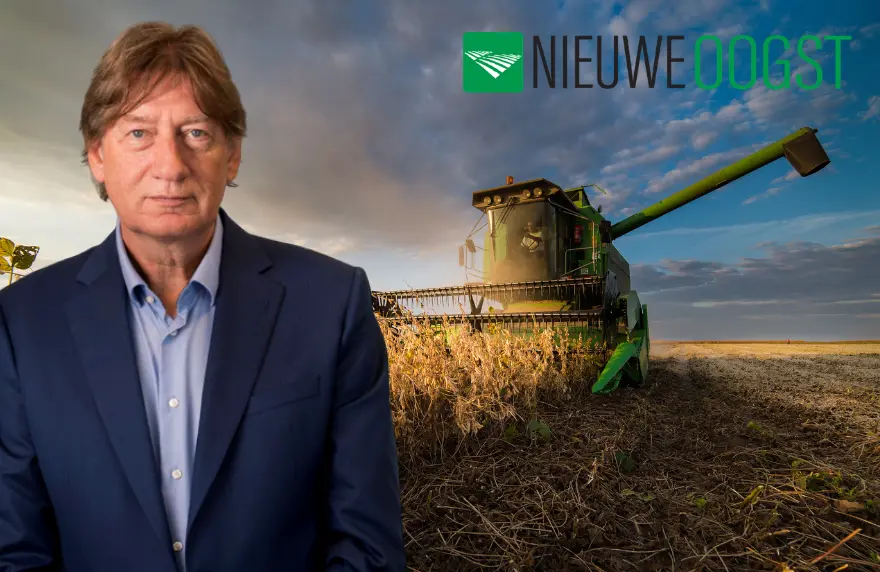Nederland voert een moreel buitenlandbeleid. Dus bevorderen we democratie en mensenrechten elders, doen we mee aan vredesoperaties en geven we steun aan Oekraïne. Maar hoe zit dat met de landbouw? Een morele landbouwpolitiek gaat over de plicht om bij te dragen aan de voedselvoorziening in de wereld.
De redenering is simpel. Nederland is gezegend met een mild klimaat en een vruchtbare bodem. Volgens het CBS wordt 54 procent van de oppervlakte van Nederland gebruikt voor de landbouw. Wereldwijd is dat ongeveer een derde. Door vermindering van de biodiversiteit en door klimaatverandering gaan gebieden in het zuiden verloren en kan er meer in het noorden worden verbouwd.
Wie vervolgens weet dat ruim driekwart van de wereldbevolking van voedselimporten afhankelijk is, snapt dat het een morele plicht van Nederland is om zo veel mogelijk te produceren.
Voor het ministerie van economische zaken staat de mondiale voedselveiligheid hoog op de agenda. Het ministerie ziet een wereldwijde opgave om meer voedsel te produceren. Dat moet dan wel op een ecologische wijze gebeuren en Nederland moet koploper worden.
Hoe? Door landbouwinnovatie vindt het ministerie. Helaas zien we dat door de opeenstapeling van regels en wetten en door een beleid waarbij vooral wordt gestuurd op kwantiteit, zoals aantallen koeien, minder wordt geïnvesteerd. Daardoor gaat innovatiekracht verloren.
Vergeten wordt dat innovatiekracht gebaat is bij een grote sector. Wordt die sector, of onderdelen daarvan, te klein dan is het met de innovatiekracht gebeurd. Wie wil weten hoe dat werkt, moet naar de krijgsmacht kijken. Die werd zo klein dat zoveel kennis en kunde verdween dat we, nu het nodig is, geen onderzeeboot meer kunnen bouwen.
Als de landbouw te klein wordt, dan valt er weinig kennis meer te exporteren. Daarbij is het overigens de vraag hoe ver je moet gaan. Want hightechzaadveredeling zie ik liever niet naar China vertrekken. Als we dat doen, kunnen we het beginsel van strategische autonomie in Europa wel in de vuilnisbak kieperen en ons verder aan dubieuze landen overleveren.
Door de nadruk op kennisexport, is het morele argument om ook in dit land voedsel voor de rest van de wereld te produceren volledig naar de achtergrond verdwenen. Een nieuw kabinet moet daarom weg van de fixatie op kwantiteit, duidelijk maken waar het met de landbouw naartoe wil en daarbij het morele aspect niet vergeten.
Rob de Wijk, Nieuwe Oogst, 10 oct 2023
Lees hier alle columns van Rob de Wijk voor Nieuwe Oogst.





